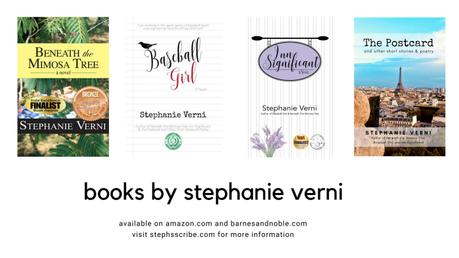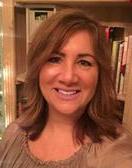 Photo by Kaboompics .com on Pexels.com
Photo by Kaboompics .com on Pexels.com
While there are so many pluses to being a writer—namely that we have the privilege of passionately telling stories through our own lenses—there is a downside, at least from my perspective.
The downside has become increasingly more clear to me the older I get. It makes me pause more than I used to. It leaves me with notebooks full of scribblings.
The downside that I am talking about this morning, as this blog post came to me all at once (you know, with the lightbulb going off and all that jazz), is that when we are writers and intent on telling stories, we are also part psychologist, as we try to understand people, places, actions and things that cause us to do what we do. I ask more questions than I used to when I hear stories or want to dissect a situation, and then I ask follow-up questions to those stories. I dig in a lot, trying my best to comprehend conflict and what makes people tick.
And that’s the downside.
The reason why it differs when you are a writer is that sometimes you are not only listening to stories to lend an empathetic ear, but also to gain information. It’s difficult to turn off that “writer brain,” because it seems to always be working–and it often works overtime.
The underlying word that must be associated with writers is the word CURIOSITY. Wanting to delve deeper into personal stories, challenges, triumphs, and recovery stories requires us, as writers, to get to the heart of it. Even after watching something as simple as a movie or television show or biography about an historical figure, I find myself Googling more about those people, reading about their backgrounds, and understanding more about what makes or made them tick. It’s fascinating to uncover the driving forces behind celebrity-type folks as well as regular folk, because all of us constantly make choices and decisions for better or for worse.
I have notebooks of ideas for stories. I meet someone and hear their story and think, “This could be a novel–or at the very least–a short story.” Sometimes the stories are reinterpreted. Sometimes I am observing someone in a public place and I know nothing about them. I find myself constructing a possible backstory for him or her–what led him or her this point in his or her life? Often, I set out to write that story, guessing at the parts I need to fill in when I write fiction. And that’s where I have to be clever and let the imagination take over in order for creative work to emerge.
The truth of the matter is, we all have a story to share, and stories are all founded on something tangible. As Miles Channing, a character in my third novel Inn Significant who is a travel writer said, “Everybody has a story, Milly. Some are just told better than others.”

My new book is called The Postcard and Other Short Stories & Poetry; it is a collection of stories that allowed me to delve into characters and their respective situations, mindful of their hopes, dreams, and attitudes. I hope you’ll come along for the ride and see what you think, and let me know how I did in bringing their stories to life.
Advertisements
